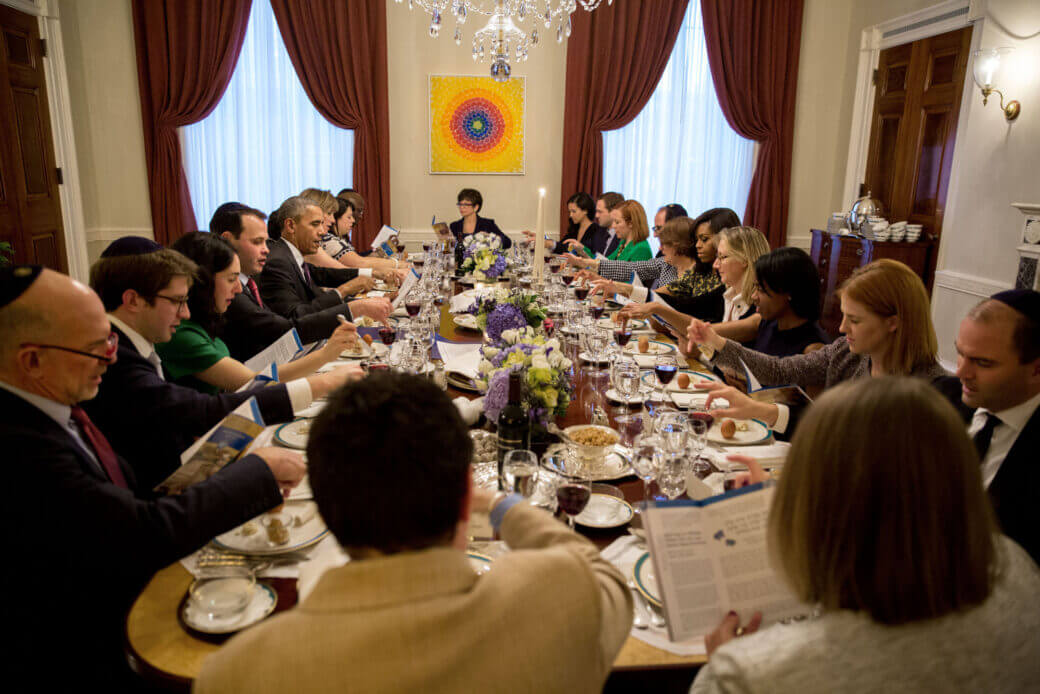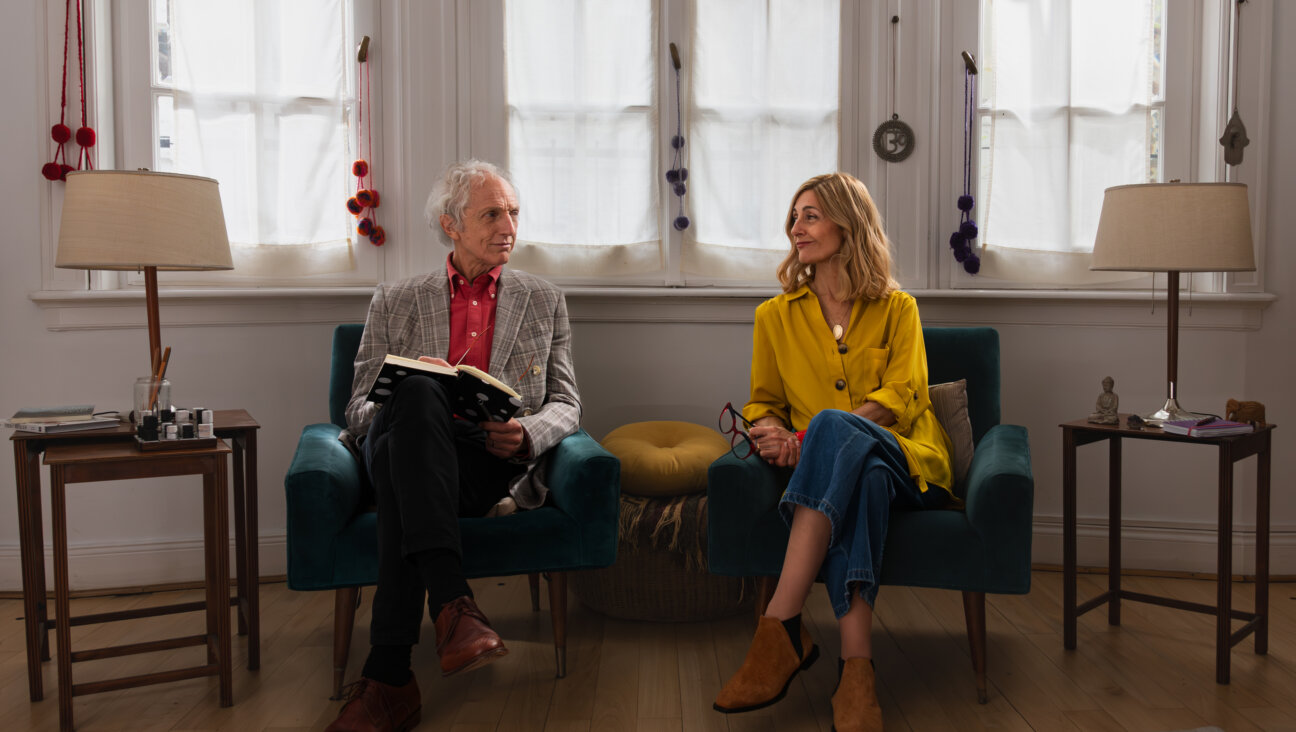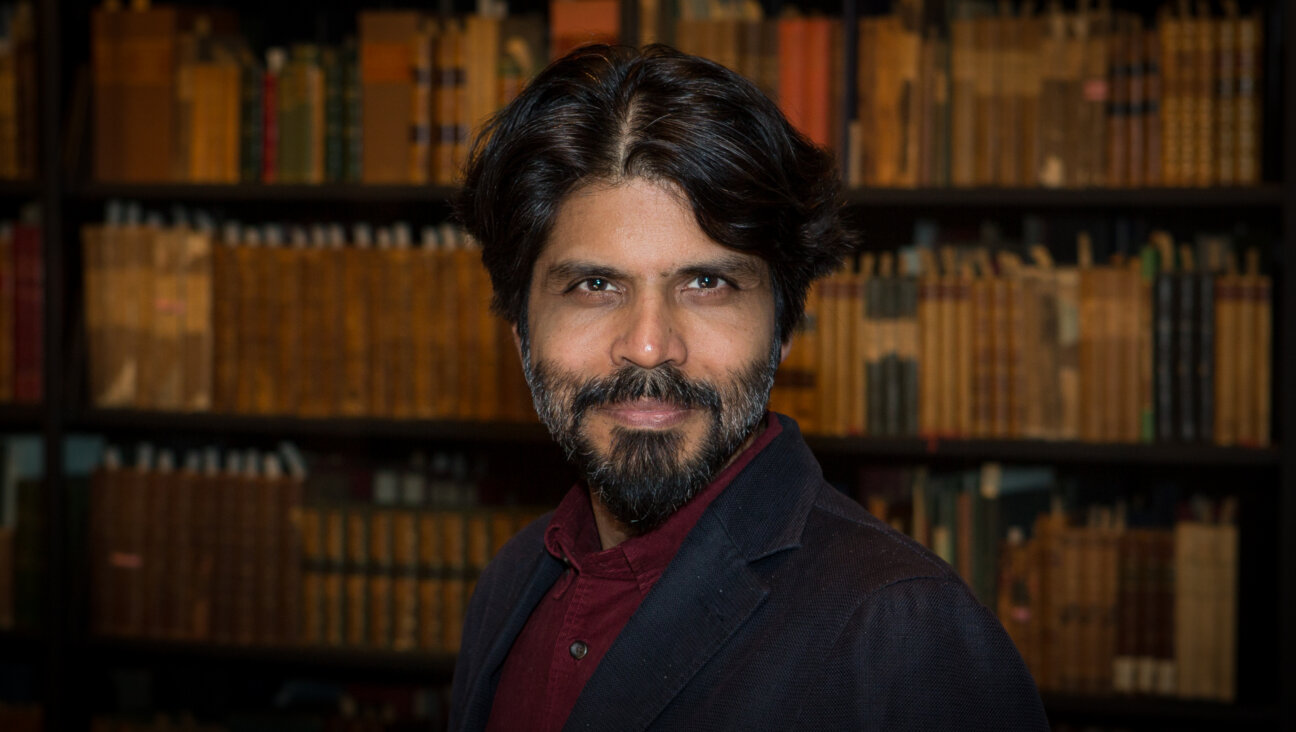Time to Get Out of Your Apartment

Excerpt from ??How to Understand Israel in 60 Days or Less? by Sarah Glidden [Click for larger image]
How to Make Peace in the Middle East in Six Months or Less Without Leaving Your Apartment
by Gregory Levey
Free Press, 288 pages, $25.00
How to Understand Israel in 60 Days or Less
by Sarah Glidden
Vertigo, 208 pages, $24.99
Although Gregory Levey briefly worked as a speechwriter for Ariel Sharon (a job he more or less fell into, and which he recounted in his 2008 book “Shut Up, I’m Talking: And Other Diplomacy Lessons I Learned in the Israeli Government”), he’s no expert in Middle East politics. His official experience left him feeling no more knowledgeable and no less powerless than the masses when it comes to the prospect of peace in the region.
But what if relative ignorance could actually be useful?
He decided that the peace process needed the intervention of someone who wasn’t mired in the conflict or burned out on negotiating, someone who could approach one of the most intractable problems of our time with fresh eyes and a sense of confidence. And so in his new book, “How to Make Peace in the Middle East in Six Months or Less Without Leaving Your Apartment,” Levey sets out as “a sort of freelance diplomat,” convinced that he can do better than countless politicians, activists and intellectuals in crafting a resolution to the Israeli-Palestinian crisis, even under the titular constraints.
”Excerpt
”Excerpt
It’s not a bad idea — surely the Middle East could benefit from some ingenuity — even if the book is a prime example of the sub-genre that’s come to be known as “shtick lit.” From the beginning, though, Levey is hampered less by the absurdly ambitious nature of his project than by his lackluster approach to it. He does some basic “fact-finding,” attempting to contact the same high-level policy makers whose efforts he’s found wanting, and putting himself in scenarios where the scale and severity of the Middle East situation is thrown into high relief. As he attends conventions of AIPAC and Christians United for Israel, participates in a day of combat training with the Jewish Defense League, and plays a computer game that simulates the conflict, he rather maddeningly insists that he’s assuming the role of a peacemaker, when he’s really doing the work of a writer. He fixates on small things, like a pair of boxer shorts emblazoned with the words “PeaceMaker” that he orders online, and a Palestinian grocer in his neighborhood with whom he tries to work up the courage to discuss politics (and who has little interest in the eventual awkward conversation). The resulting moments feel like misguided comic relief instead of an attempt to find answers in unexpected places.
Of course, we don’t expect Levey to actually make peace, but he doesn’t even take us anywhere new. And he never really commits to his premise, resulting in a book that’s mostly a series of encounters, a survey of minor oddities and points of view rather than an outrageous attempt at the impossible. “[T]oo often, emotional gut responses can’t be beaten by logic,” he writes, noting how hard it is to get people to revisit their deep-seated attitudes, or to even consider the other side. If there’s ever going to be peace, he reasons, a basic first step is accepting that “not everyone [has] to agree with you.” True as that insight is, reaching it doesn’t exactly require getting off the couch. Though Levey’s quest for peace does take him out of his New York apartment (and as far as Washington, D.C.), his self-imposed limitations leave him retracing everyone else’s steps rather than thinking outside the box.
In her illustrated memoir, “How to Understand Israel in 60 Days or Less,” Sarah Glidden arrives at the same conclusion as Levey, but she comes by it more honestly. Glidden’s book chronicles her tour of Israel with Birthright, a trip she embarks on with plenty of doubts and preconceptions. Seeing the country for the first time, she writes, is “like spotting a celebrity on a crowded street. Someone whose crazy life has been splashed all over the tabloids for years.” Wherever her group travels, Glidden is suspicious of anything that resembles propaganda and wary of the presumption that she’s bound for a revelatory, “connected” experience. “Cathartic moments, epiphanies and nervous breakdowns are probably built into a Birthright itinerary like lunch stops on a class field trip,” she observes, with more than a little cynicism. Still, as hard as she tries to anticipate her emotions and attitudes, they keep changing. As they do, her drawings sensitively capture her impressions of what Israel looks and feels like, giving her space to imagine things that are only suggested, and a field on which to play out her ambivalence. (In one particularly apt sequence, she pictures the Israeli-Palestinian conflict being argued in court, with herself representing both sides.)
Despite her reluctance to being swayed by the tour, Glidden finds herself caught off guard by the intensity of her feelings about being in Israel, and stunned by the realization that she has both a place and a stake in the country. Recognizing this doesn’t make her any less skeptical, but it does make her appreciate that “understanding” Israel is not a project with a beginning and an end, a task that can be accomplished in a set amount of time and checked off her to-do list. That kind of understanding — with its many challenges and frustrations — is crucial to making any kind of progress towards peace, and is maybe even in some ways synonymous with it. Get rid of the cutely clever title, and it’s really what Levey is after, too.
Eryn Loeb is a writer and editor in New York. Read more at www.erynloeb.com.
The Forward is free to read, but it isn’t free to produce

I hope you appreciated this article. Before you go, I’d like to ask you to please support the Forward.
At a time when other newsrooms are closing or cutting back, the Forward has removed its paywall and invested additional resources to report on the ground from Israel and around the U.S. on the impact of the war, rising antisemitism and polarized discourse.
Readers like you make it all possible. We’ve started our Passover Fundraising Drive, and we need 1,800 readers like you to step up to support the Forward by April 21. Members of the Forward board are even matching the first 1,000 gifts, up to $70,000.
This is a great time to support independent Jewish journalism, because every dollar goes twice as far.
— Rachel Fishman Feddersen, Publisher and CEO
2X match on all Passover gifts!
Most Popular
- 1

News A Jewish Republican and Muslim Democrat are suddenly in a tight race for a special seat in Congress
- 2

Film & TV What Gal Gadot has said about the Israeli-Palestinian conflict
- 3

Fast Forward The NCAA men’s Final Four has 3 Jewish coaches
- 4

Fast Forward Cory Booker proclaims, ‘Hineni’ — I am here — 19 hours into anti-Trump Senate speech
In Case You Missed It
-

News Rabbis revolt over LGBTQ club, exposing fight over queer acceptance at Yeshiva University
-

Opinion In Qatargate fiasco, Netanyahu’s ‘witch hunt’ narrative takes cues from Trump
-
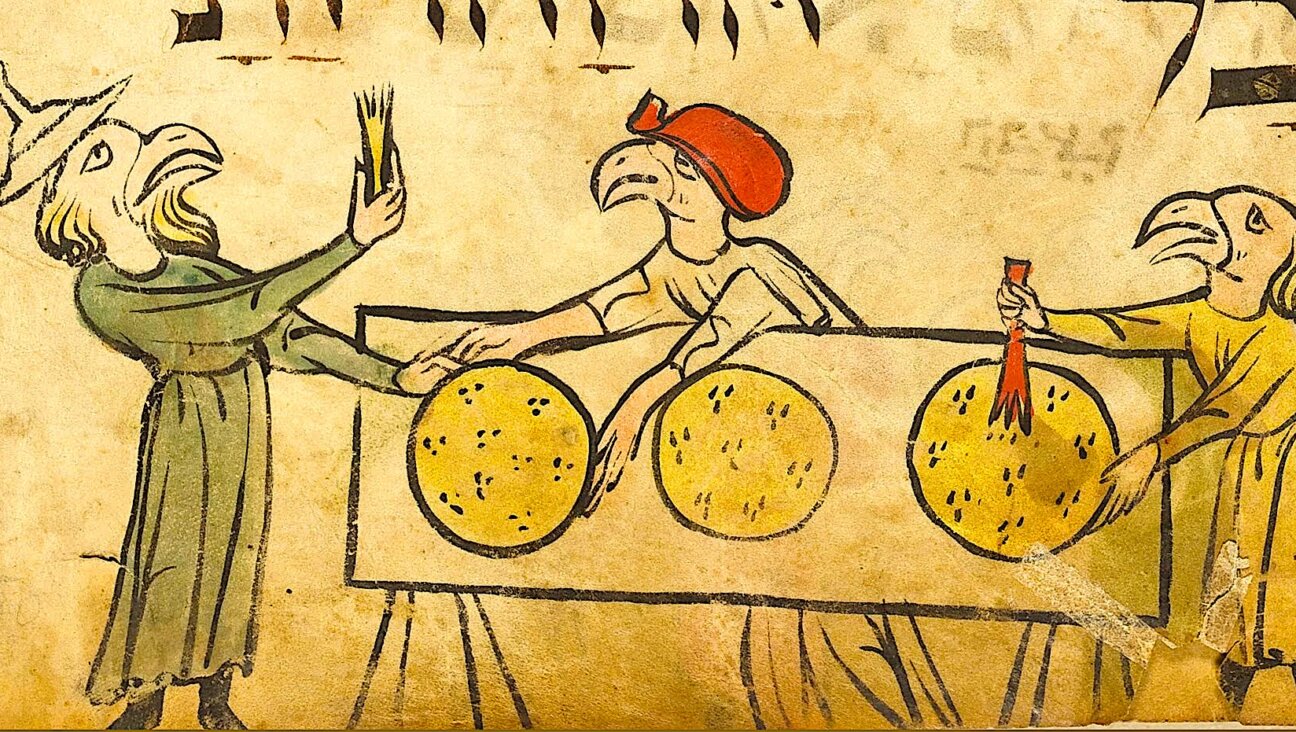
Yiddish די הגדה ווי אַ לעבעדיקער דענקמאָל פֿון אַשכּנזישער פּאָעזיעThe Haggadah as a living monument to Ashkenazi poetry
אַמאָל זענען די פּייטנים, מיסטישע דיכטער־וויזיאָנערן, געווען אויבן־אָן בײַ די פֿראַנצויזישע און דײַטשישע ייִדן.
-
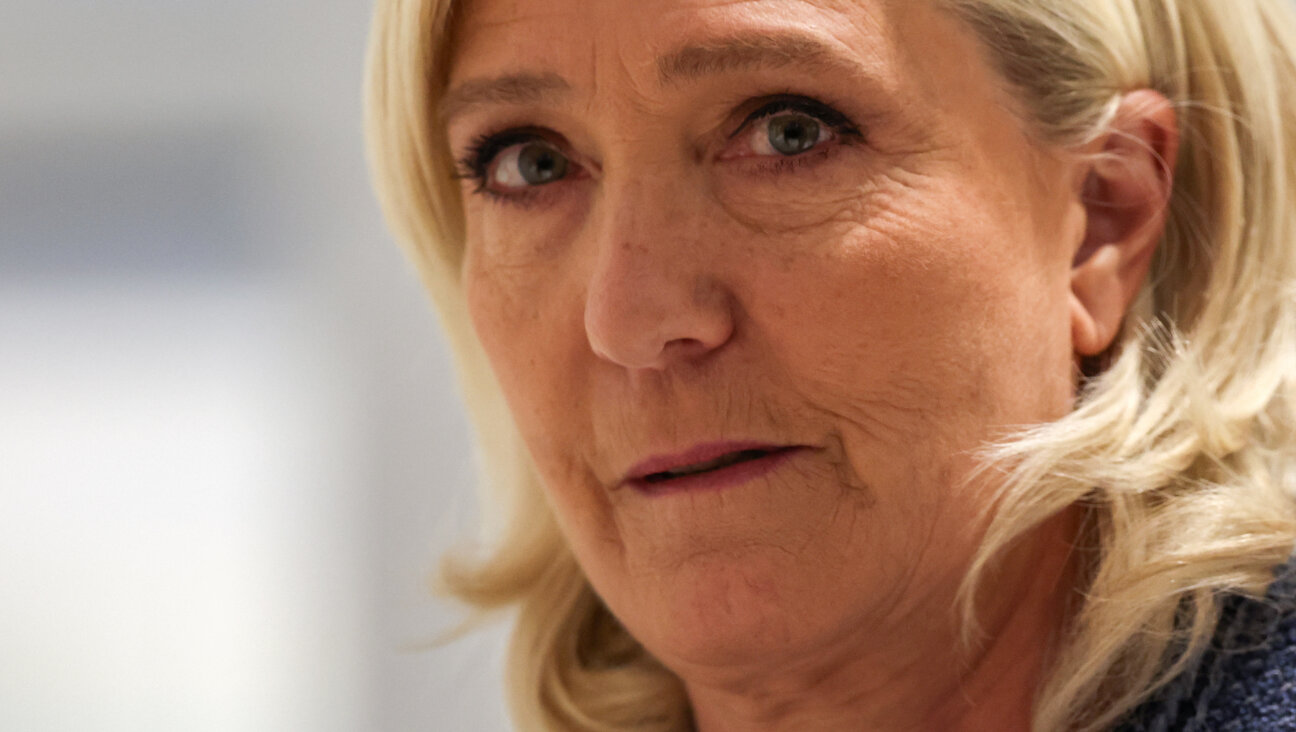
Opinion Marine Le Pen may be headed to prison — antisemitism and xenophobia still roam freely
-
Shop the Forward Store
100% of profits support our journalism
Republish This Story
Please read before republishing
We’re happy to make this story available to republish for free, unless it originated with JTA, Haaretz or another publication (as indicated on the article) and as long as you follow our guidelines.
You must comply with the following:
- Credit the Forward
- Retain our pixel
- Preserve our canonical link in Google search
- Add a noindex tag in Google search
See our full guidelines for more information, and this guide for detail about canonical URLs.
To republish, copy the HTML by clicking on the yellow button to the right; it includes our tracking pixel, all paragraph styles and hyperlinks, the author byline and credit to the Forward. It does not include images; to avoid copyright violations, you must add them manually, following our guidelines. Please email us at [email protected], subject line “republish,” with any questions or to let us know what stories you’re picking up.








